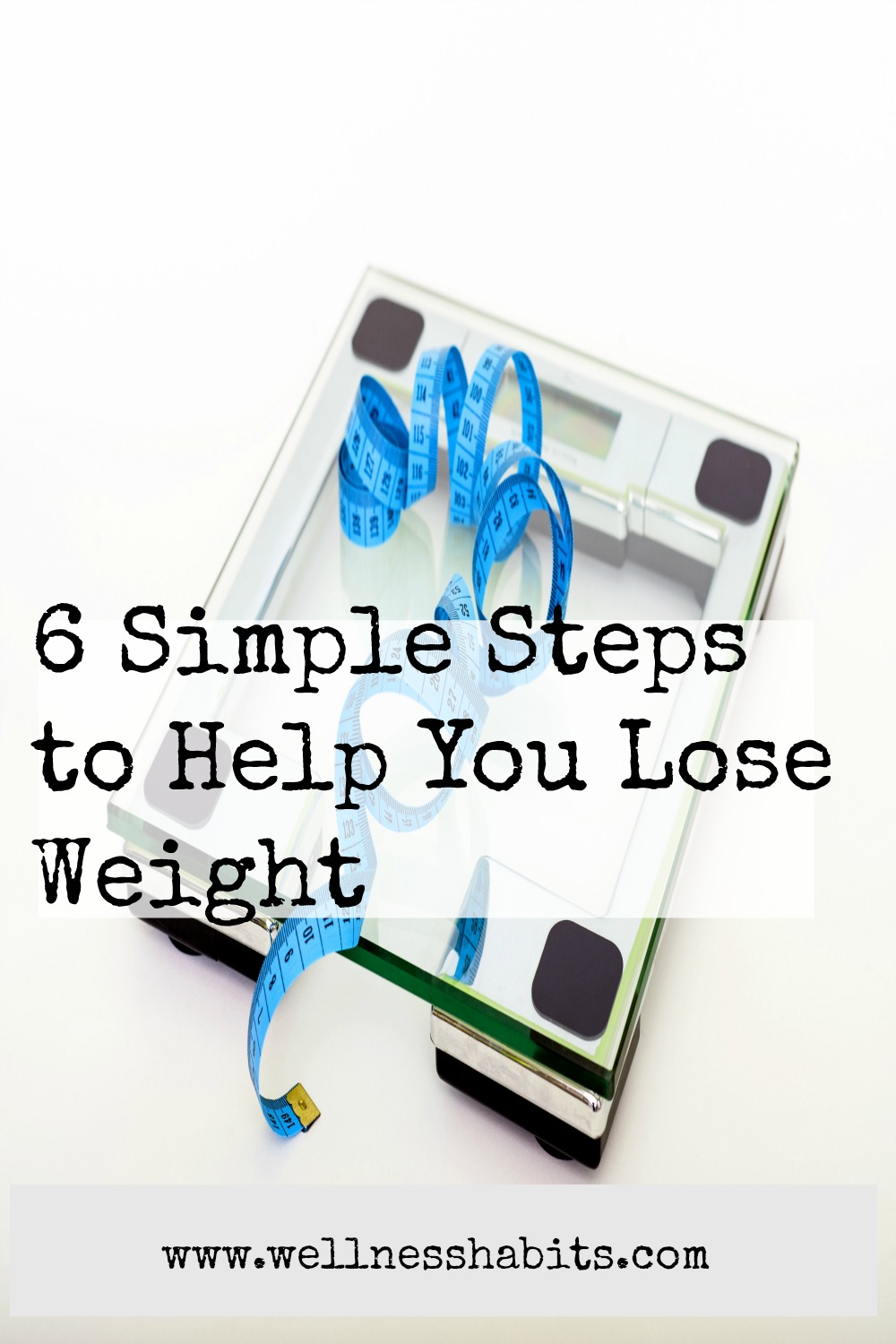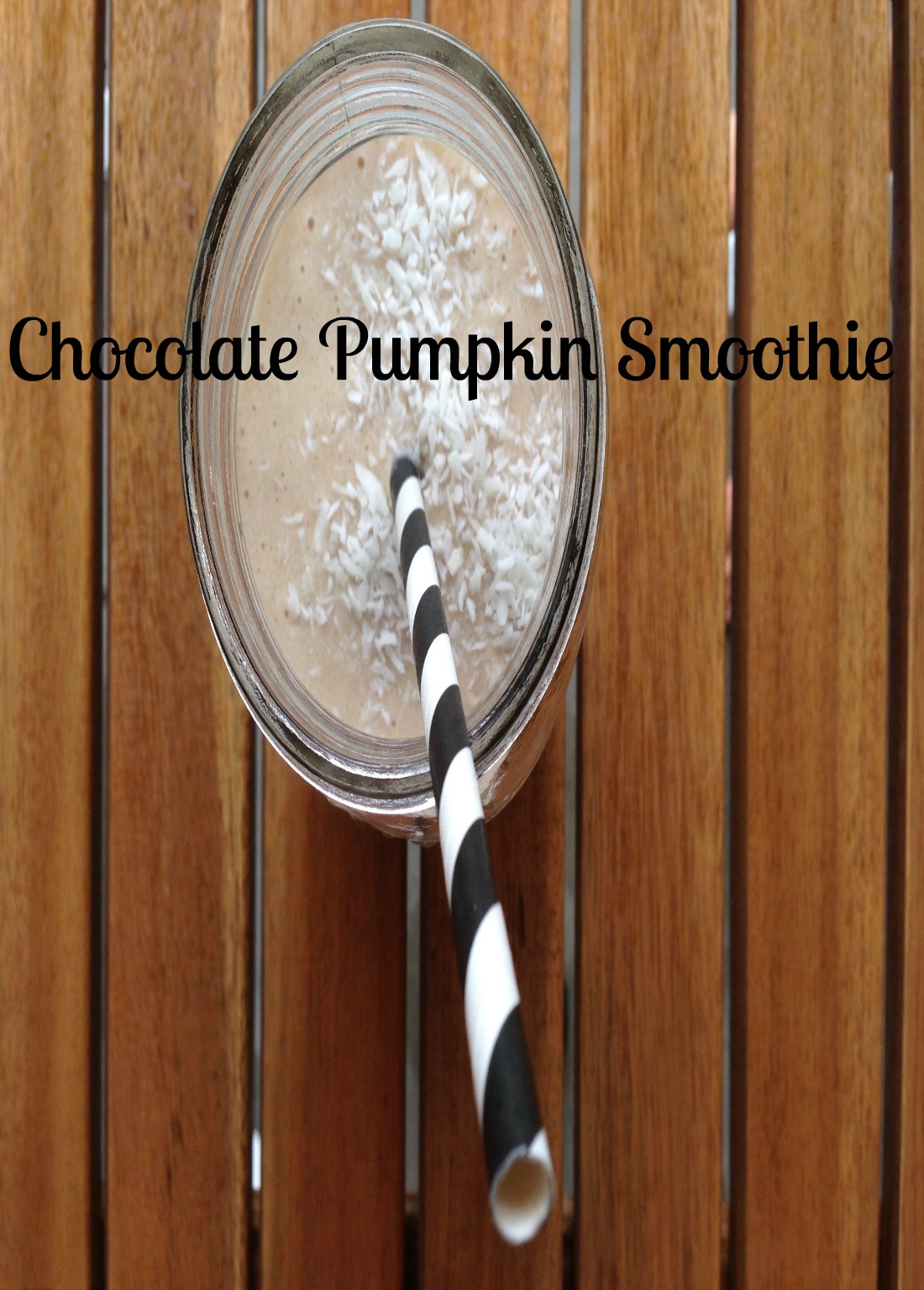 It seems these days everything in the fitness world is good or bad. Black or white. You are doing it right or you are doing it wrong. The problem is that everything is typically both good and bad depending on what camp you live in. Yesterday I sent out a bunch of protein shake recipes to some clients who are going through my Abundant Wellness program right now. The habit we are working on this week is focused on getting enough protein each day. One easy way to do this is by adding a protein smoothie as a snack or a meal during the day. I am not much of a breakfast person, so most days this is my go-to.
It seems these days everything in the fitness world is good or bad. Black or white. You are doing it right or you are doing it wrong. The problem is that everything is typically both good and bad depending on what camp you live in. Yesterday I sent out a bunch of protein shake recipes to some clients who are going through my Abundant Wellness program right now. The habit we are working on this week is focused on getting enough protein each day. One easy way to do this is by adding a protein smoothie as a snack or a meal during the day. I am not much of a breakfast person, so most days this is my go-to.
I received an email from one of my clients asking me about Splenda since some of the recipes say to use Splenda or stevia as a sweetener. I felt a bit called out because this client was a former housemate of mine from graduate school so she heard me get up on my soap box probably more than once about how horrible Splenda is. (OK, I can be a little melodramatic when I am trying to make a point. I admit it.) But she did get me to really think about what I am advocating with sweeteners in general.
Why i don’t like Splenda.

My reasons for dislike of Splenda are a little irrational and as a scientist, these slightly wacky ideas are not as scientific as I’d like. But…I don’t like Splenda because of the fact they took a sugar molecule and put Chlorine atoms on it. I’m highly suspicious of what happens in the body when you have something like a chlorine atom attached to what used to be a sugar running around. Why?
I think things like: what do your enzymes think when they see it? Do they rip the Chlorine off trying to process it and now you have a chlorine free radical running around?
Is this a good thing to do in our bodies?
I donno.
Should we really be consuming this stuff?
What is the long term safety of this stuff?
Rats don’t seem to do well when they eat 500x their body weight, so…while I am only consuming tiny amounts, should I be worried?
In truth…I don’t know. So you see…I have no scientific basis for this idea that the body freaks out if it sees a chlorine on a sugar molecule. So basically, I don’t like this molecule for irrational reasons. I guess I just think it’s ugly.
A more rational look at Splenda
So now to look at Splenda from a more rational and scientific way that actually has some data to back it up. Now that I have told the interwebz that I don’t like Splenda because I think it is ugly I will go discuss some thoughts on artificial sweeteners.
Should you even consume artificial sweeteners? interestingly there is an interest on the impact of artificial sweeteners on weight gain. Here is an interesting journal article titled “Gain weight by “going diet?” Artificial sweeteners and the neurobiology of sugar cravings” In this study they look at a bunch of studies and bring to light a few that show positive correlation between artificial sweeteners and weight gain. They also talk about the fact that artificial sweeteners are so sweet that they effectively overload the brain causing you to have an increase in appetite. “Sweetness decoupled from caloric content offers partial, but not complete, activation of the food reward pathways.” Basically what happens is that when you eat something that is SO sweet but there are no calories, the body gets confused and tries to compensate by increasing your appetite. And this article discusses that by ingesting sweet things, you train your taste buds to prefer really sweet things.
This article “Fueling the Obesity Epidemic? Artificially Sweetened Beverage Use and Long-term Weight Gain” also sees a disturbing trend between artificial sweeteners and weight gain, but they claim that while their study shows correlation, it was hard to determine if it was actually causing the weight gain.
So…should you put artificial sweeteners in your food? Maybe maybe not. If it is just a teaspoon of something, consider that table sugar is only 15calories/tsp. If you use table sugar very sparingly it might be the best choice for you…but it might not.
It all comes back to:
How’s that working for you?



